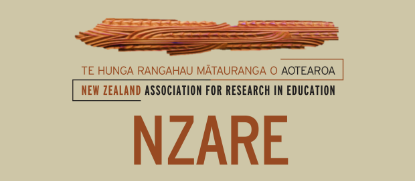The McKenzie Award honours a current NZARE member’s significant contribution to educational research and to the NZARE over an extended period of time. A significant contribution is interpreted as contributing to new knowledge and being an exemplary researcher in the education community in a chosen discipline. First awarded in 1987, the award consists of a citation folio and a piece of original art or craft by a New Zealand artist or craftsperson chosen by the recipient, up to the value of $2000.
 |
 |
 |
 |
|
|
|
2022
Jenny Ritchie
|
2021
|
2019 Carol Mutch University of Auckland
|
2018 Stephen May University of Auckland
|
 |
 |
 |
 |
 |
|
2017 No Award made
|
2016 Martin Thrupp University of Waikato
|
2015 Linda Tuhiwai Smith University of Waikato |
2014 Nick Zepke Massey University |
2013 Russell Bishop University of Waikato |
| 2012 Terry Locke | 2011 Alison Jones | 2010: Cathy Wylie |
| 2009 No award made | 2008: John Barrington | 2007: John Codd |
| 2006: Roy Nash | 2005: Margaret Carr | 2004: Clive McGee |
| 2003: Sue Middleton | 2002: Ted Glynn | 2001: Terry Crooks |
| 2000: Graham Nuthall | 1999: No award made | 1998: No award made |
| 1997: Anne Smith | 1995: Raeside Munro | 1994: Ivan Snook |
| 1993: Marie Clay | 1992: David McKenzie | 1991: No award made |
| 1990: David Mitchell | 1989: Richard Benton | 1988: Geraldine McDonald |
| 1987: Warwick Elley |
